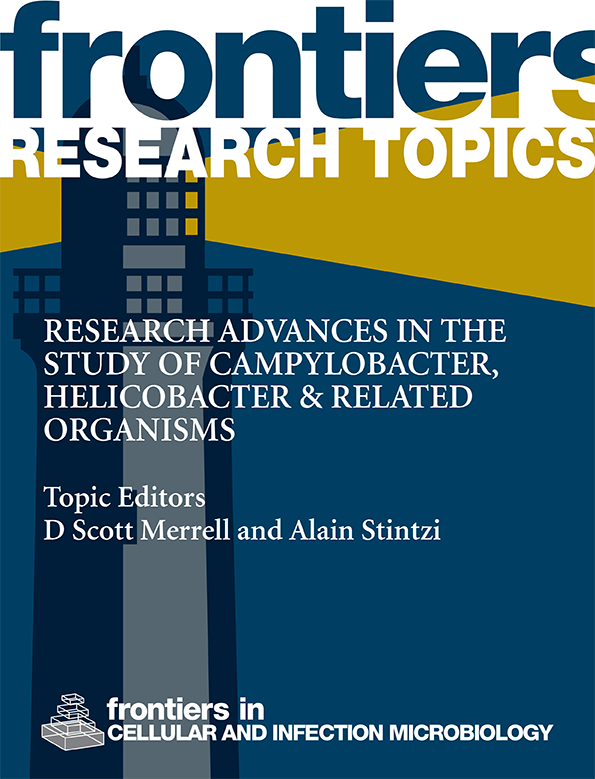Intervention in gut microbiota increases intestinal γ-aminobutyric acid and alleviates anxiety behavior: a possible mechanism via the action on intestinal epithelial cells
IF 4.6
2区 医学
Q2 IMMUNOLOGY
Frontiers in Cellular and Infection Microbiology
Pub Date : 2024-09-05
DOI:10.3389/fcimb.2024.1421791
引用次数: 0
Abstract
The role of the gut microbiota in the gut-brain axis has attracted attention in recent years. Some gut microbiota produces γ-aminobutyric acid (GABA), a major inhibitory neurotransmitter in mammals,干预肠道微生物群能增加肠道γ-氨基丁酸并缓解焦虑行为:通过作用于肠上皮细胞的可能机制
近年来,肠道微生物群在肠脑轴中的作用引起了人们的关注。一些肠道微生物群在体外能产生哺乳动物体内主要的抑制性神经递质γ-氨基丁酸(GABA),但肠道微生物群的组成与肠道GABA浓度之间的相关性以及肠道GABA在体内的作用却鲜为人知。在这里,我们发现用新霉素或双歧杆菌 TMC3115(TMC3115)干预肠道微生物群可提高小鼠肠道 GABA 的浓度。服用 TMC3115 能减轻焦虑,但不会影响血清中血清素、皮质酮或 GABA 的水平。我们进一步发现,肠上皮细胞表达 GABA 受体亚基,并在 GABA 刺激下介导丝裂原活化蛋白激酶信号传导。此外,服用 TMC3115 可诱导小鼠结肠上皮细胞中的有丝分裂原激活蛋白激酶信号传导,但小肠上皮细胞中没有这种信号传导。这些结果表明,肠道微生物群(主要是结肠微生物群)产生的 GABA 可通过肠上皮细胞中表达的 GABA 受体影响宿主的行为特征,而不会转移到血液中。这项研究提出了一种新的机制,即使在血脑屏障存在的情况下,肠道 GABA 也能发挥生理效应。
本文章由计算机程序翻译,如有差异,请以英文原文为准。
求助全文
约1分钟内获得全文
求助全文
来源期刊

Frontiers in Cellular and Infection Microbiology
IMMUNOLOGY-MICROBIOLOGY
CiteScore
7.90
自引率
7.00%
发文量
1817
审稿时长
14 weeks
期刊介绍:
Frontiers in Cellular and Infection Microbiology is a leading specialty journal, publishing rigorously peer-reviewed research across all pathogenic microorganisms and their interaction with their hosts. Chief Editor Yousef Abu Kwaik, University of Louisville is supported by an outstanding Editorial Board of international experts. This multidisciplinary open-access journal is at the forefront of disseminating and communicating scientific knowledge and impactful discoveries to researchers, academics, clinicians and the public worldwide.
Frontiers in Cellular and Infection Microbiology includes research on bacteria, fungi, parasites, viruses, endosymbionts, prions and all microbial pathogens as well as the microbiota and its effect on health and disease in various hosts. The research approaches include molecular microbiology, cellular microbiology, gene regulation, proteomics, signal transduction, pathogenic evolution, genomics, structural biology, and virulence factors as well as model hosts. Areas of research to counteract infectious agents by the host include the host innate and adaptive immune responses as well as metabolic restrictions to various pathogenic microorganisms, vaccine design and development against various pathogenic microorganisms, and the mechanisms of antibiotic resistance and its countermeasures.
 求助内容:
求助内容: 应助结果提醒方式:
应助结果提醒方式:


